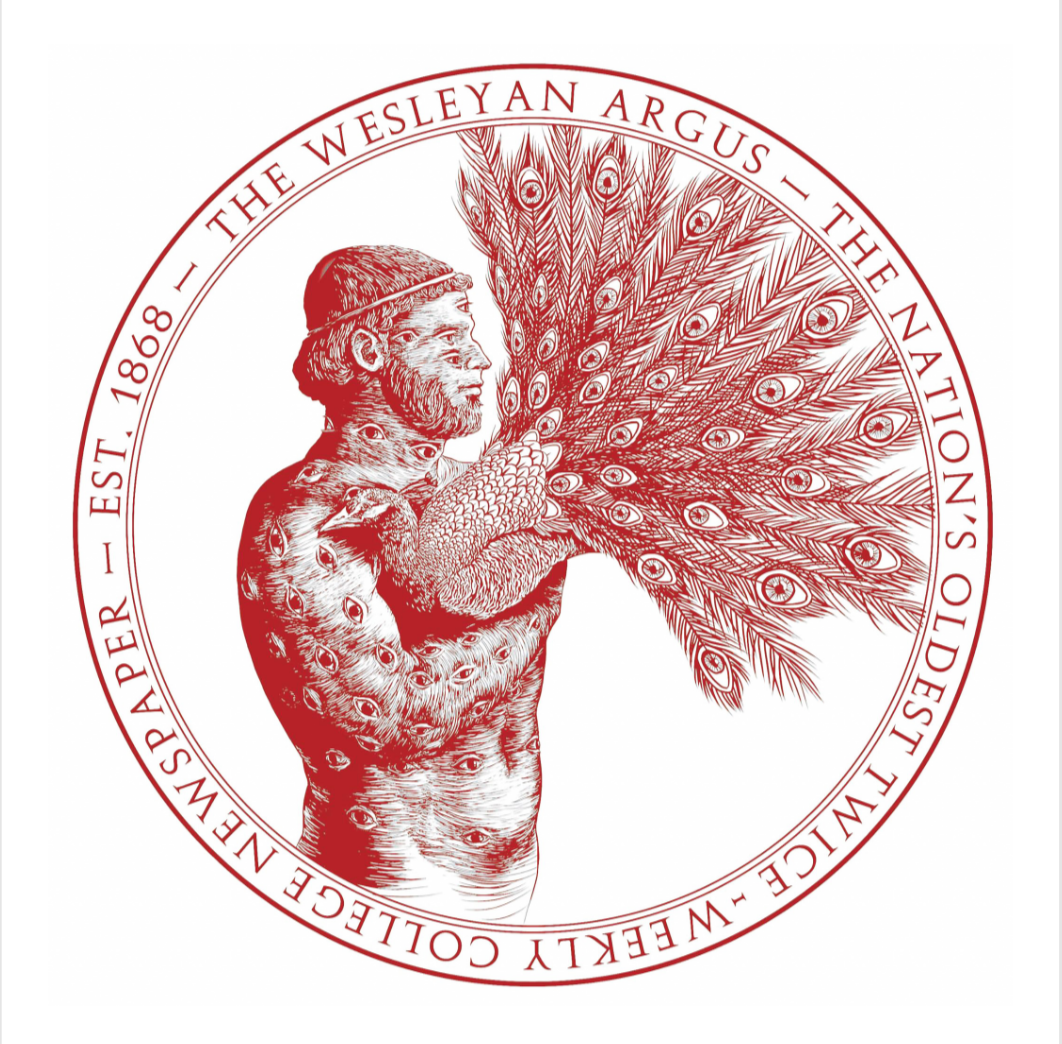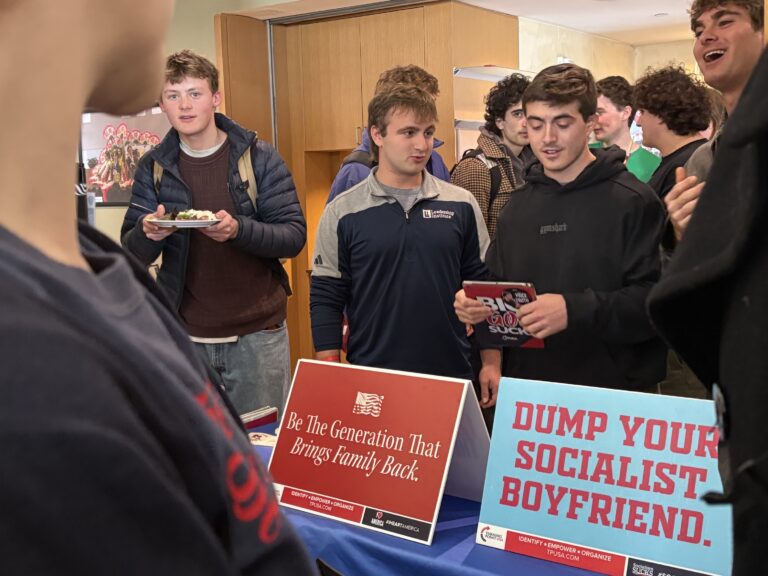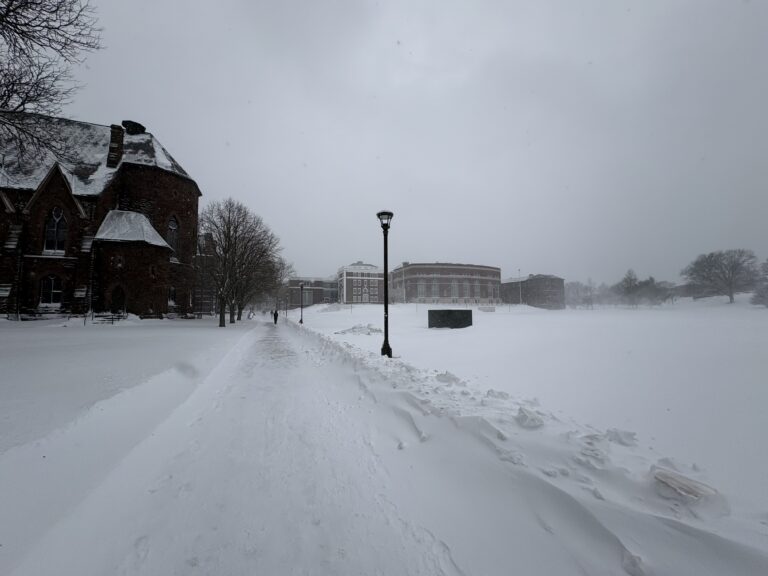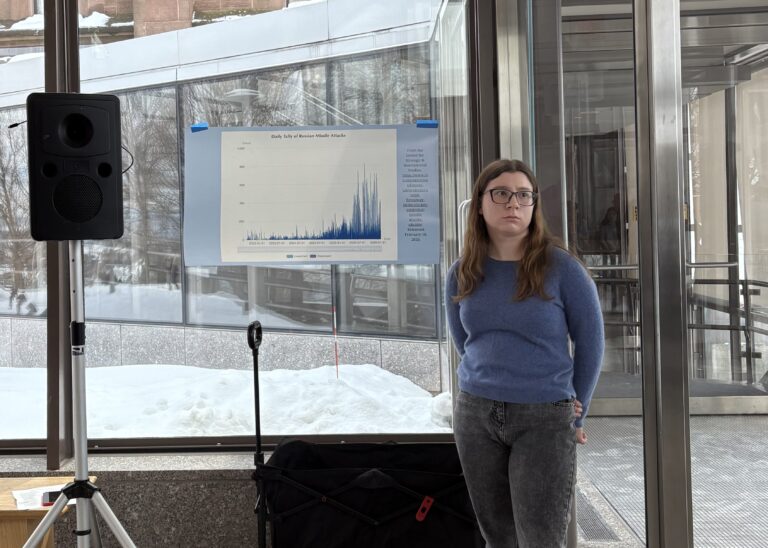Haslanger Discusses the Social Domain, Cultural Techne and Injustice
Massachusetts Institute of Technology (MIT) Professor Sally Haslanger delivered the Philosophy Department’s fifth annual Social Justice Lecture titled “But What Can We Do?… Ideology, Power, and Agency” on Thursday, Feb. 6. The annual lecture, alongside the major’s social justice track, is part of the Philosophy Department’s initiative to bring social justice to the forefront of their program.
In her lecture, Professor Haslanger combined philosophy and social theory to provide a thorough overview of why injustice exists in the social domain, and the ways it can be critiqued, resisted, and replaced.
Haslanger began by outlining her presentation and goals for the talk.
“I am going to sketch the conception of the social domain and explain the role of something I call a cultural techne,” Haslanger said. “I am going to show how a cultural techne is a site of power and can function as an ideology. I am going to locate sites of resistance and agency and explain why social justice requires social movements to disrupt and replace the dominant cultural techne.”
She proceeded to explore the concept of the social domain, explaining how it is key to addressing social injustices. Haslanger also discussed how individuals are invited into social practices that they then learn to enact.
“Understanding the social domain is understanding the practices that we engage in, very unconsciously often, and trying to think clearly and carefully about those practices in order to locate injustice,” Haslanger said.
Haslanger then moved onto a discussion of culture. While acknowledging that the definition of culture is contested, she stressed a view of culture as a tool, and that there are social meanings associated with culture.
“[Culture] is a set of tools that human and some non-human agents employ in perceiving, thinking, feeling and acting,” Haslanger said. “They include simple meaning, [like] pink means girl, red means stop; narrative tropes, such as first comes love, then comes marriage, then comes baby in the baby carriage; default assumptions [like] marriage is between one man and one woman; concepts such as marriage, family, sex, gender, race, heuristics and enriched conceptual homologies.”
She then went on to explain the concept of cultural technes.
“A cultural techne or ideology is when you have the social meanings that let you interpret what something is,” Haslanger said. “The social meanings in a context will give you a clue to how we interact with the things…. The cultural techne gives us the means for interpreting that then shapes our ways of seeing and thinking and our desires and then guides our behaviour.”
She explained that these cultural technes reinforce social meanings and can perpetuate social injustices by embedding a certain response behavior to color in our cultural schemas.
Haslanger also discussed the concept of power, beginning with the way power relations are formed. She explained that people are interpolated, often without realizing, so that they end up in the social positions needed to sustain the system. These classifications lead to divisions that reproduce power relations.
“People occupy positions in that field and they have the power they have by virtue of occupying that position,” Haslanger said. “The social position is what holds the power and that individual has the power derivatively by virtue of their position in the field.”
If we understand power as constituted in social relations, as Haslanger discussed, we can understand injustices like racism as the result of the unjust distribution of power.
“The real issue or the more serious concern is the power embedded in the structures and practices of our social milieu,” Haslanger said. “It is carried in the social meanings. What people wear, what music they listen to, how they speak, trigger our responsiveness because we are fluent in a problematic cultural techne.”
The last portion of the lecture explored critique and resistance. Haslanger explained that critique begins by articulating and critiquing doxa—the world of the undiscussed and undisputed—which opens up the space for discourse and moral argument. She further stressed that doxa is distinct from the culturally unintelligible—the former is consists of the unspoken and unquestioned elements of cultural life and discourse, but the latter consists of the elusive and incomprehensible elements of the social world. The culturally unintelligible is often forced into the doxa in a distorted manner, as it is not comprehensible to the majority. This is a form of violence.
“How do we even notice problematic doxa and articulate them under conditions of ideology?” Haslanger asked.
She answered that question by explaining that culture is not hegemonic and does not control thought. Thus, subordinate groups create hidden transcripts from their ordeals that are a critique of power and represent a form of resistance.
“A hidden transcript has no reality as pure thought,” Haslager said. “It exists only to the extent it is practiced, articulated, enacted and disseminated within these offstage social sites…. When the cultural techne is the basis of coordination and are lives depend on coordination, it’s not enough for people to privately reject the techne.”
Acknowledging the need for hidden transcripts to become a reality, Haslanger ended her lecture by discussing the ways social change can be brought about, including direct action and public resistance.
Esha Bhandari ’20, who is currently enrolled in “Philosophy of Mind,” attended the lecture on the recommendation of a close friend and thoroughly enjoyed the experience.
“This talk discusses challenging topics just like class, but I thought it was presented in a really accessible way,” Bhandari wrote in a message to The Argus. “Professor Haslanger is very engaging, opinionated, and intelligent. I thought she philosophized about sociocultural and political topics very well. Sometimes, it’s difficult for me to see how philosophy really matters/applies to real life, but Professor Haslanger showed how theory about culture and society and how we think about it all can have serious effects on societal structures like our laws.”
Tanvi Punja can be reached at tpunja@wesleyan.edu.








Leave a Reply